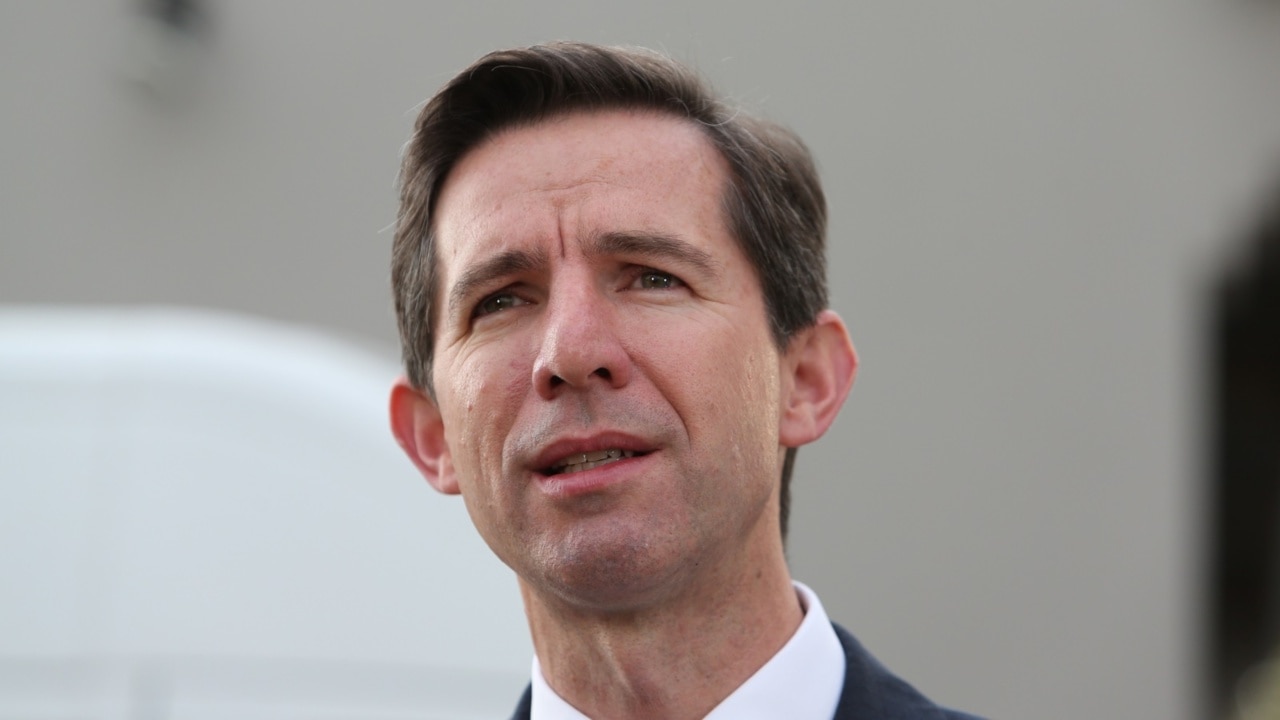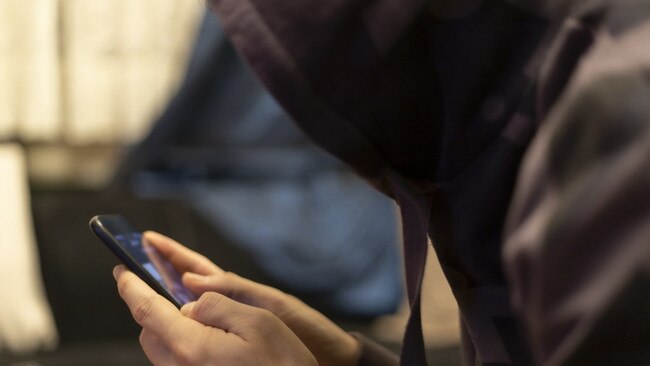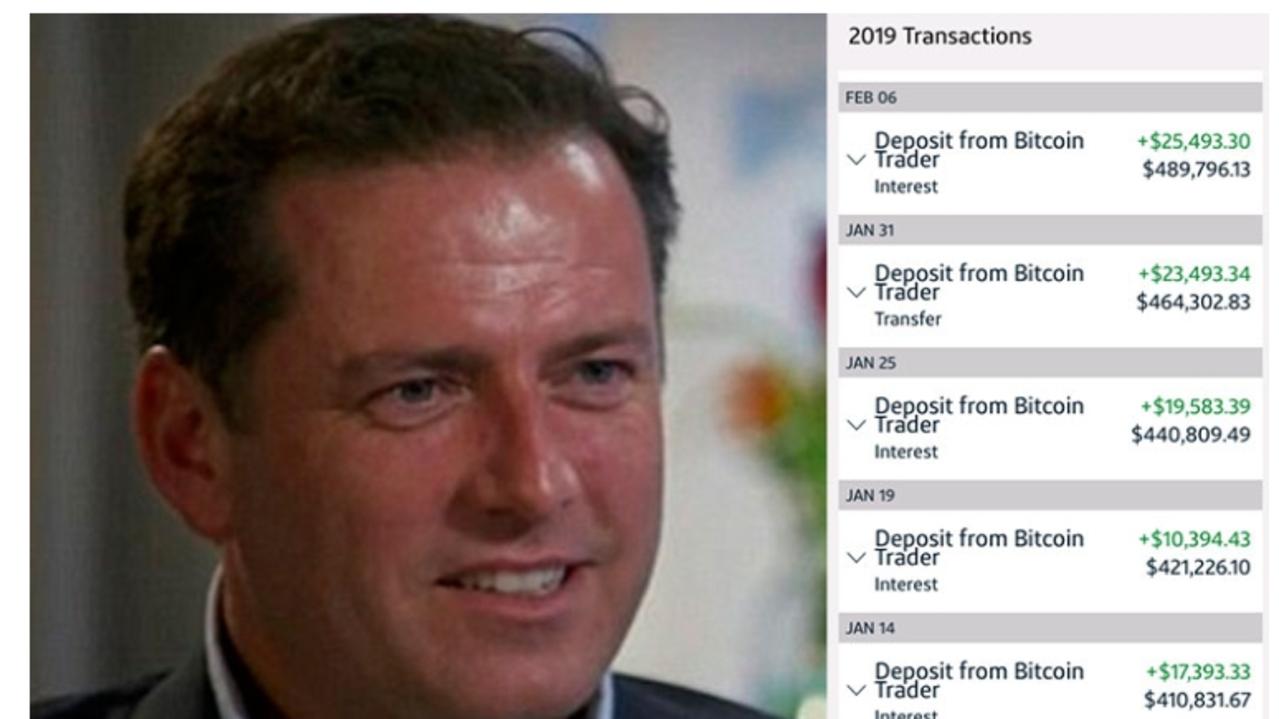Communications Minister Paul Fletcher: ‘Don’t answer calls from numbers you don’t know’
More than 200 million scam calls targeting Aussies have been stopped this year. Communications Minister Paul Fletcher says don’t answer if you don’t know the number.

Public Defender
Don't miss out on the headlines from Public Defender. Followed categories will be added to My News.
Don’t answer the phone if you don’t recognise the number — that’s the advice of Australia’s Communications Minister in response to an onslaught of scam calls.
Fresh data shows more than 200 million scam phone calls have been blocked since December, but fraud losses are still on the rise.
The figures from the Australian Communications and Media Authority (ACMA) reveal 158 million calls were stopped in the three months to the end of June. A further 55 million were intercepted between March and last December, when new rules began.

Federal Communications Minister Paul Fletcher told The Daily Telegraph there was a simple way to thwart dodgy diallers.
“If you get a call from a number that you don’t know then don’t answer it,” Mr Fletcher said. “Let it go to voicemail. If it’s genuine you can call back.”
The head of ACMA’s scam-combating efforts, Fiona Cameron, agreed.
“It’s a bit sad but I do think it reflects the world that we live in,” Ms Cameron told The Telegraph.
And scammers could still trick you, she said, by making a “spoof call” disguised as a trusted number.
Mr Fletcher said efforts were under way to tackle this. Before connecting a call, telecommunications companies were now comparing the number to be displayed against official lists of legitimate outbound numbers used by the likes of the Australian Taxation Office or Department of Health. Telcos could also see the actual number being used and, if there was a mismatch with the official list, the call was blocked.
ACMA’s Ms Cameron said that in response to the calling crackdown, scammers were turning to SMS fraud.

Communications Alliance CEO John Stanton said an additional chapter of the Reducing Scam Calls industry code had been drafted with the aim of curbing SMS chicanery.
“Scammers are agile, and the successful blocking of tens of millions of scam phone calls makes it more important to also shutdown SMS as a channel for scamming,” Mr Stanton said.
Despite the rapid increase in the number of calls stopped, losses keep on rising.
In July, dial-a-fraud netted $8.9m from Aussies, up from $2.8m a year earlier.
Ms Cameron said the Covid-19 pandemic had created a “paradise” for scammers, because we are more connected to our phones and the internet.
Brazilians get the most spam calls in the world — nearly 50 a month per phone owner.
The US is second, at about 30 fake calls. Hungary is third. Australia is not in the top 20.



